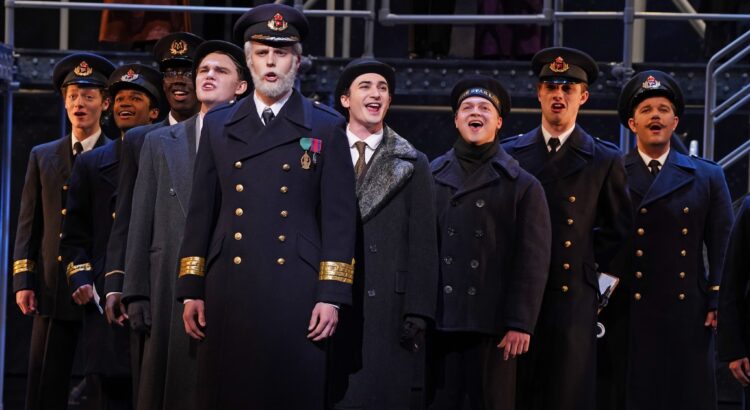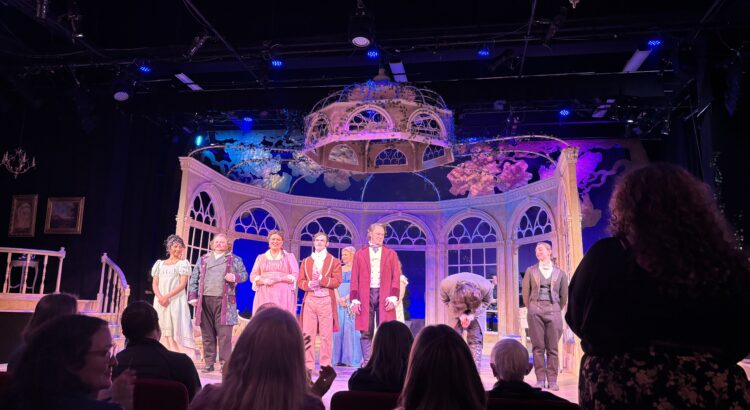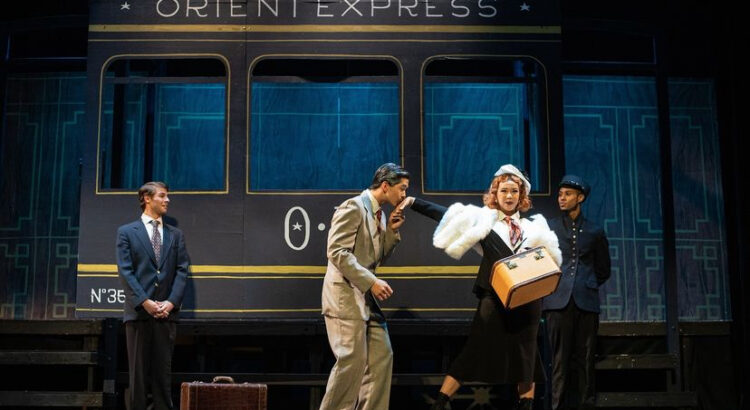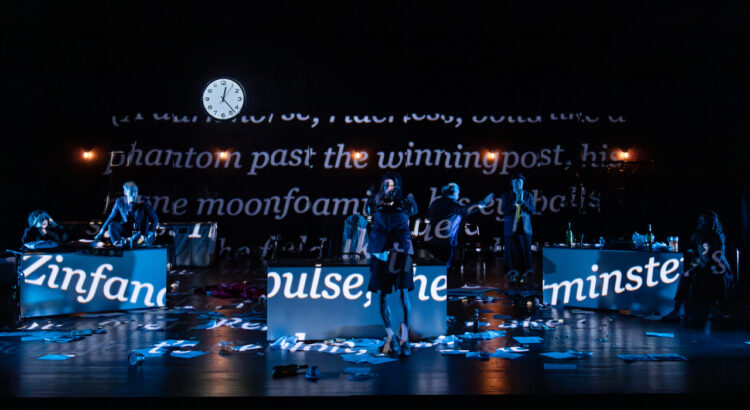Titanic: The Musical is a grand undertaking, promising an epic retelling of the historic disaster. And yet, this production found itself navigating turbulent waters and ultimately struggled to stay afloat. While the intent was ambitious, the execution left something to be desired, particularly in its lack of directorial boldness and inventive staging.
As the familiar story unfolded, one hoped to feel the looming dread and gravity of the sinking ship. Instead, the staging remained disappointingly static, failing to capture the urgency and chaos that the storyline demands. Titanic’s narrative should be a rising tide of tension and emotion, and yet it floundered around in shallow waters. A more dynamic approach to the physical space and movement could have transformed the experience into something truly riveting.
Another unfortunate iceberg in the path was the book itself, drowning under the weight of too many characters. The ensemble cast, while talented, had to fight for precious narrative space, leaving audiences adrift, unable to form meaningful connections or investment in their fates. With a plethora of characters vying for attention, the emotional impact of their plight was diluted, resulting in boredom and a noticeable uptick in glowing screens among the audience.
Sound mixing woes further muddled the waters. The orchestra’s impressive performance was marred by inadequate balance, often overwhelming the vocals. This left many lines and lyrics indecipherable, which is an ironic twist considering the music direction by Tyler Driskell managed to harness the beauty of the score so magnificently. Though the ensemble’s voices were heavenly, our ability to understand their words was sunk all the way down to Davy Jones’ locker.
Despite the muddled aspects, standout performances helped keep the ship from sinking entirely. Landon Wouters as Captain Smith, Nile Andah as Harold Bride, and Jason Mulay Koch as Frederick Barrett delivered compelling portrayals. Andah’s and Koch’s telegraph scene in act one, rich with tension and harmony, was a bright spot in the production and everyone’s phones were put away to witness.
While this titanic production (literally and metaphorically) struggled against its own dramaturgical and directorial currents, there were many shining moments for student performers. This production may have sank, but the performers managed to get on a lifeboat and survive. Hopefully, we will witness their talents navigating clearer waters in the future.












